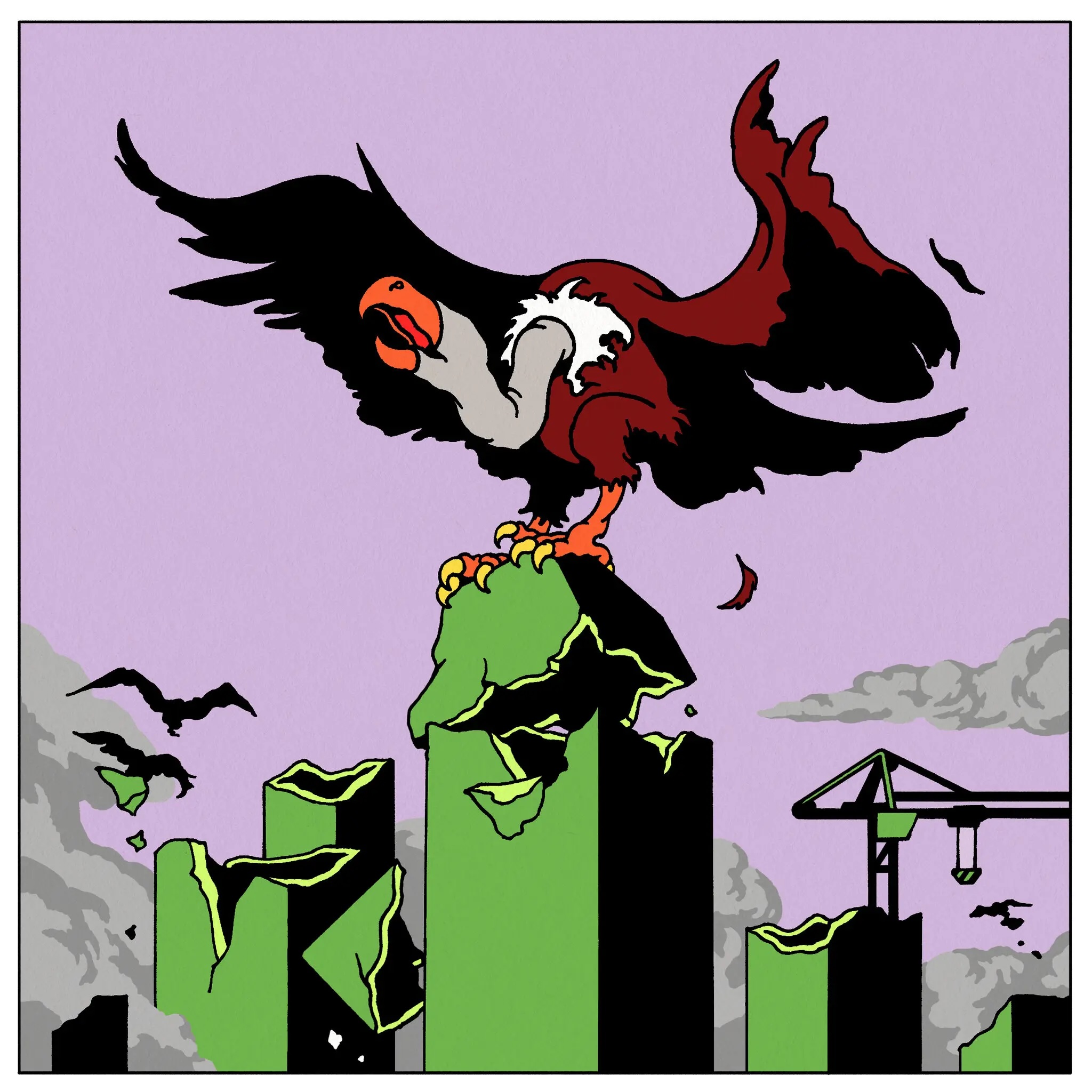The China Hangover Is Here

In the 2000s, Venezuela, under the leadership of former President Hugo Chávez, placed a significant bet on China's rising economic power. Chávez secured tens of billions of dollars in investments and loans-for-oil deals, banking on China’s insatiable demand for oil and its willingness to finance large infrastructure projects like high-speed railways and power plants. Initially, the strategy appeared to be a success, as China eagerly consumed Venezuelan oil and financed ambitious projects.
However, the 2010s brought about a harsh reckoning. As global oil prices fell and China's economic growth slowed, Venezuela's oil revenues plummeted from $73 billion in 2011 to just $22 billion in 2016. The country, already teetering on the brink due to mismanagement by Chávez and his successor Nicolás Maduro, found itself in economic freefall. The resulting crisis was devastating: food shortages forced people to scavenge in garbage dumps, hospitals lacked essential medicines, and crime surged. By 2014, Venezuela's economy had collapsed, leading to a mass exodus of nearly eight million people. China, once a lifeline, largely cut Venezuela off from new credit and left behind numerous unfinished projects.
Venezuela’s over-reliance on China was an early warning that the world largely ignored. Today, dozens of countries that similarly tied their economic futures to China now face severe financial distress and the threat of debt default as China’s economy stagnates. Despite this, China has been reluctant to offer substantial debt relief and has instead focused on protectionist trade practices, further exacerbating global economic woes.
China's economic boom, once seen as a global savior following the 2008 financial crisis, has proven unsustainable. The country pumped $29 trillion into its economy over nine years to stave off a downturn, leading to a period where China accounted for more than 40 percent of global growth. Developing countries eagerly aligned themselves with China, becoming reliant on its economy as a lucrative market for their commodity exports. However, as China's growth has slowed dramatically under President Xi Jinping, the risks of this dependence have become painfully apparent.
The Belt and Road Initiative, which saw China lend over $1 trillion for global infrastructure projects, has left many developing countries saddled with unsustainable debt. Chinese lending has since slowed to a trickle, leaving vulnerable nations struggling with unfinished projects and debt burdens that threaten their economic stability. This has sparked a wave of defaults and debt crises in countries like Zambia, Sri Lanka, Pakistan, and Laos, where Chinese loans have exacerbated existing economic challenges and forced these nations into protracted debt restructuring negotiations.
Even wealthier nations, such as Germany, are facing difficulties due to their dependence on China. German exports to China fell by 9 percent last year, leading to an economic contraction. Other major commodity exporters, including Australia, Brazil, and Saudi Arabia, are similarly vulnerable to China's economic slowdown.
The United States, though less directly exposed, faces its own challenges as Chinese products flood global markets, threatening American manufacturers. Major U.S. companies, including Apple, General Motors, and Tesla, have seen their sales in China decline due to weak consumer demand and increased competition from subsidized Chinese firms.
The current situation bears troubling similarities to the debt crisis of the 1980s, which devastated many developing countries. China, now the world’s largest sovereign lender, has played a significant role in creating similar conditions today. Over the past decade, interest payments on debt owed by the 75 poorest countries have quadrupled, outstripping their total spending on health, education, and infrastructure.
Venezuela’s ongoing crisis serves as a stark reminder of where such economic conditions can lead: collapse, repression, and humanitarian disaster. As global tensions rise, the risks of sovereign defaults, political instability, and mass migrations are growing. There is a growing call for wealthy economies and creditor nations to collaborate on providing debt relief and market access to struggling nations.
However, these efforts will be limited unless China is held accountable for its role in exacerbating these global problems. The international community must recognize the scale of the issue and work collectively to address it before more nations fall into the same trap as Venezuela.
This article was originally published in The New York Times and written by Michael Beckley, the author of “Danger Zone: The Coming Conflict With China.”





![From Kathmandu to the World: How Excel Students Are Winning Big [Admission Open]](https://nepalaaja.com/index.php/img/70194/medium/excel-college-info-eng-nep-2342.jpg)


